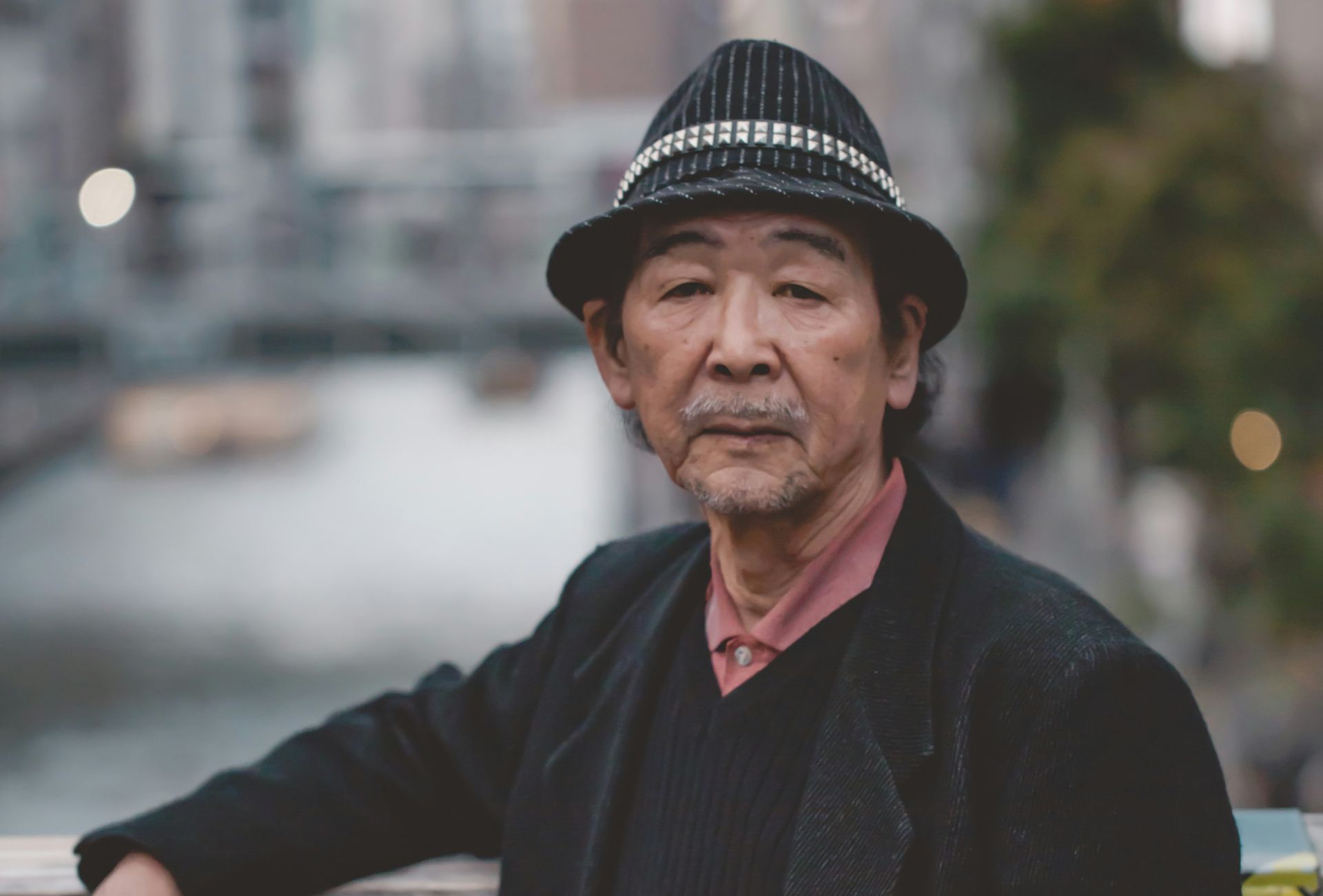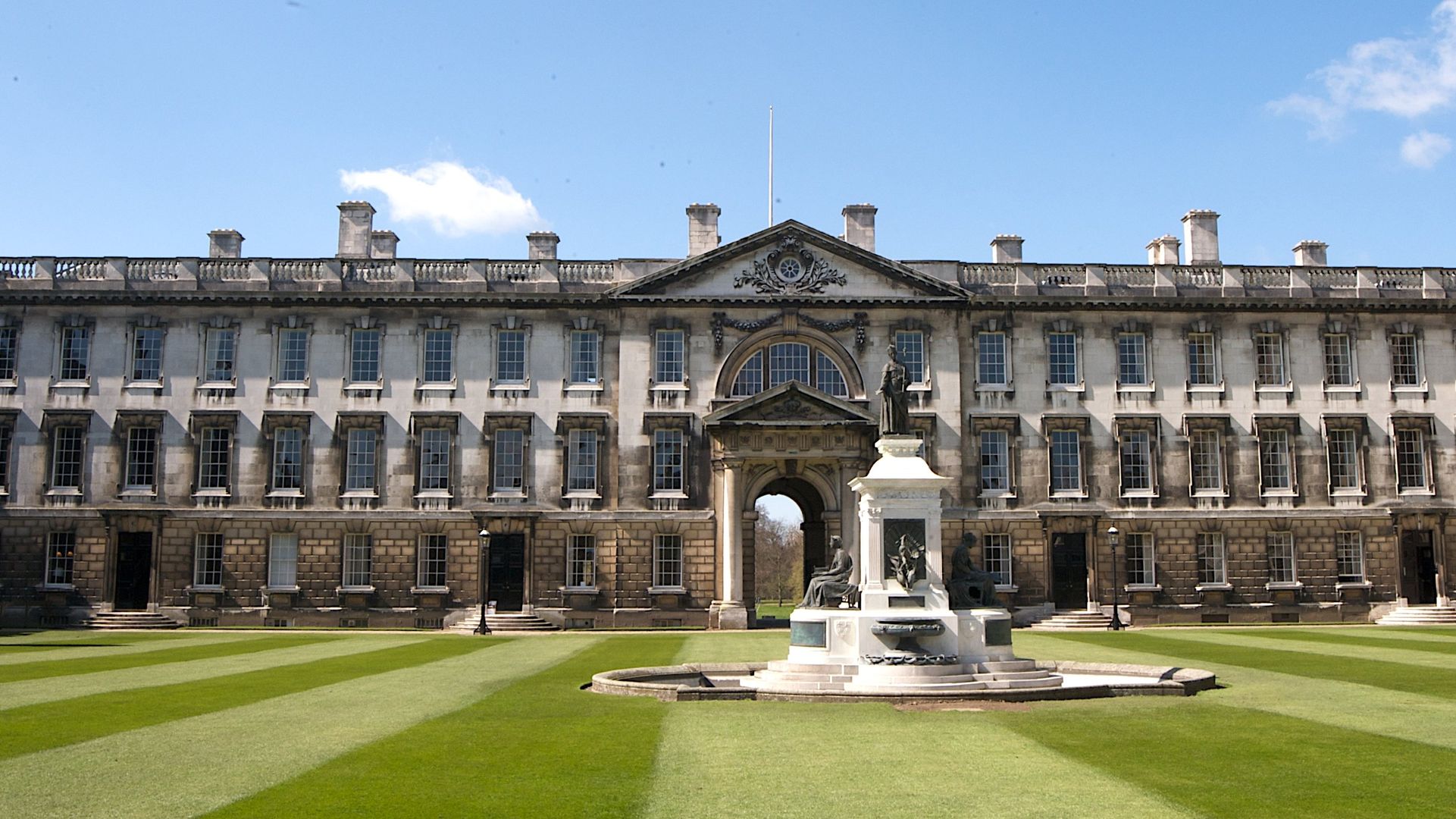A Bleak Future for Elderly Care
By 2050, Hong Kong is expected to have the world’s oldest population, with 40% of its residents aged 60 or older. However, the city’s response to this looming demographic crisis has been alarmingly inadequate. Slow government action, fragmented care systems, and rising public dissatisfaction are all indicators of the growing problem.
Hong Kong’s elderly population is set to increase rapidly, with JLL projections revealing a shortfall of 60,000 elderly care places by 2032. Meanwhile, the population aged 65 and above will rise by 46.3% over the next decade. Yet, despite these alarming trends, the number of residential care places is expected to grow by a meager 0.24%. This stark contrast underscores the government’s failure to respond with the urgency required.
A Systemic Crisis in Elderly Care
The tragic case of a 60-year-old son and his 82-year-old mother, found dead in their flat in Kwun Tong district in August 2024, starkly illustrates the deadly consequences of the growing phenomenon of “elderly caring for the elderly.” As Hong Kong’s elderly population increases, family members are burdened to an unbearable extent, often resulting in tragic outcomes. Public dissatisfaction is rising rapidly, with surveys showing a sharp increase in the number of people who describe elderly care policies as “highly ineffective”—from 14% to 29%.
Hong Kong’s support systems are fraught with inefficiencies. Despite having approximately 500,000 carers, only 10,000 receive financial assistance. Emergency daycare services, though somewhat improved, still fall far short of meeting the surging demand. Many carers struggle to access even basic services. One carer, for example, spent months navigating a bureaucratic maze just to secure meal delivery services for her 95-year-old father-in-law, highlighting the tremendous challenges elderly carers face when trying to access essential support.
The Need for Innovation in Elderly Care
To tackle the demands of an ageing population, Hong Kong must innovate and adapt. JLL’s research recommends the development of senior living residences—self-contained communities offering medical care, dining, fitness, and entertainment all in one location. This model presents a viable solution to both the housing and care crises while offering private investors an attractive opportunity. Most importantly, it would significantly improve the quality of life for seniors.
Financial sustainability is another critical issue. With Hong Kong’s low fertility rate and shrinking workforce, the burden on the working-age population to support the elderly is becoming increasingly unsustainable. A long-term solution could involve the implementation of a comprehensive long-term care insurance system, an area where Hong Kong lags behind countries like South Korea and mainland China.
The Path Forward: Comprehensive Reform Needed
Hong Kong faces an urgent need for systemic reform in elderly care. First, the government must streamline access to services by creating a single-window system. Second, it must provide substantial financial support to carers, many of whom are left without adequate assistance. Third, the regulatory framework must be revised to encourage greater private sector investment in senior living facilities.
Additionally, the government should prioritize dedicated land allocation for elderly care facilities and foster public-private partnerships. These steps will help meet the growing demand and improve the quality of care.
With the right policies and infrastructure in place, Hong Kong has the opportunity to transform its approach to elderly care and create a sustainable model for the future. Without urgent action, however, the city risks facing severe social and economic consequences from this looming demographic time bomb.
We also recently wrote about the aging population of South Korea.






